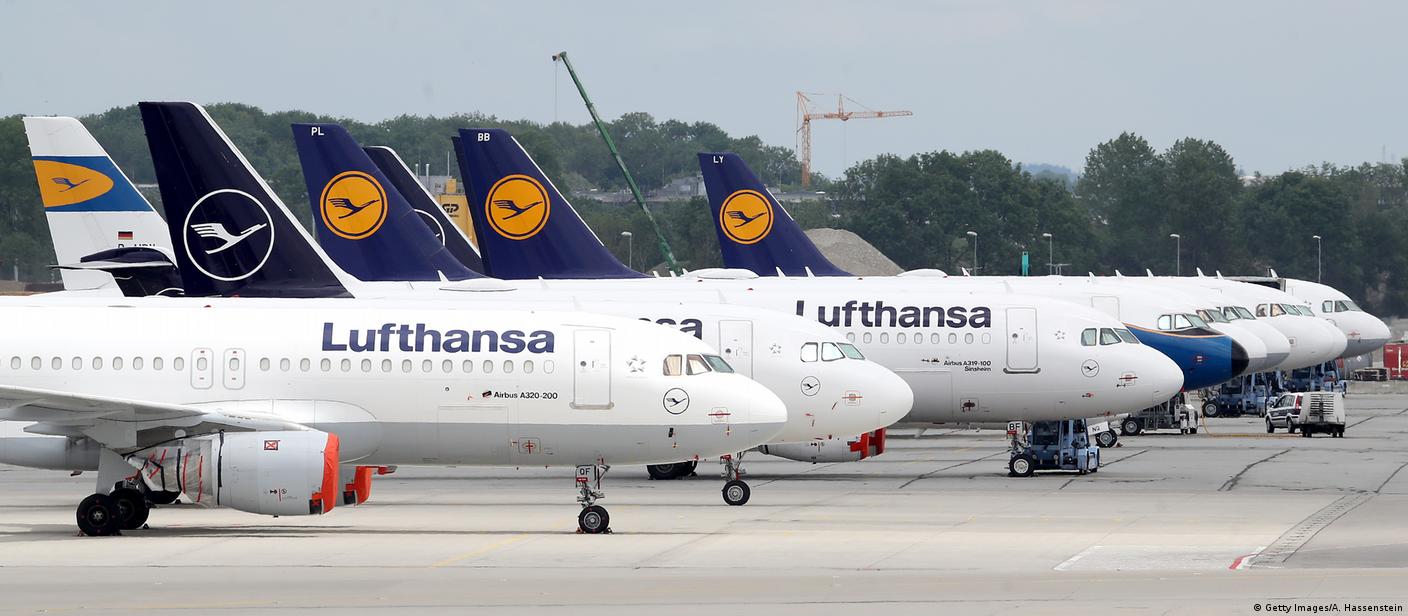
Water Conservation: 7 Simple Ways to Save Water at Home and in Your Business
Water is one of our most precious resources, yet it is often wasted without thought. ...

Lufthansa is the first European airline to join the First Movers Coalition (FMC), a global coalition to decarbonize hard-to-abate industries, in order to drive the development of sustainable aviation fuels (SAF).
Lufthansa joins existing members of the FMC aviation sector, including Airbus, Boeing, Delta Airlines and United Airlines.
The latest expansion of the coalition focuses on cleaning up one of the world’s most carbon-intensive industry sectors through purchasing commitments for low-carbon technology.
The FMC has asked for ambitious commitments for airlines, airfare and air-freight purchasers, aircraft manufacturers, fuel producers and airports. Aviation accounts for over 2% of global energy-related CO2 emissions and it is critical that the sector works with governments to make zero-emissions aviation a reality.
Members of the FMC aviation sector commit to replacing at least 5% of conventional jet fuel demand with SAF, which reduces life-cycle GHG emissions by 85% or more when compared with conventional jet fuel, and/or using zero-carbon emitting propulsion technologies by 2030.
Speaking during the Berlin Energy Transition Dialogue Conference, Nancy Gillis, Head of the FMC, said “We need to accelerate the decarbonization of hard-to-abate sectors and long-haul transport. As the Secretariat of the First Movers Coalition, the World Economic Forum is seeking to leverage the power of demand to increase the supply of near-zero emission solutions. Lufthansa’s commitment sends a powerful signal in the development of SAF.”
Christina Foerster, Member of Lufthansa Group’s Executive Board for Customer and Corporate Responsibility, said Lufthansa is the first European airline group to join the coalition. “This underpins our commitment to drive the development, market introduction and use of sustainable aviation fuels. Sustainable aviation fuels are a central element of our CO2 reduction roadmap by 2030, which was validated by the independent Science Based Targets initiative.”
Foerster also emphasized the importance of green hydrogen for the energy transition in aviation.
اترك تعليقا